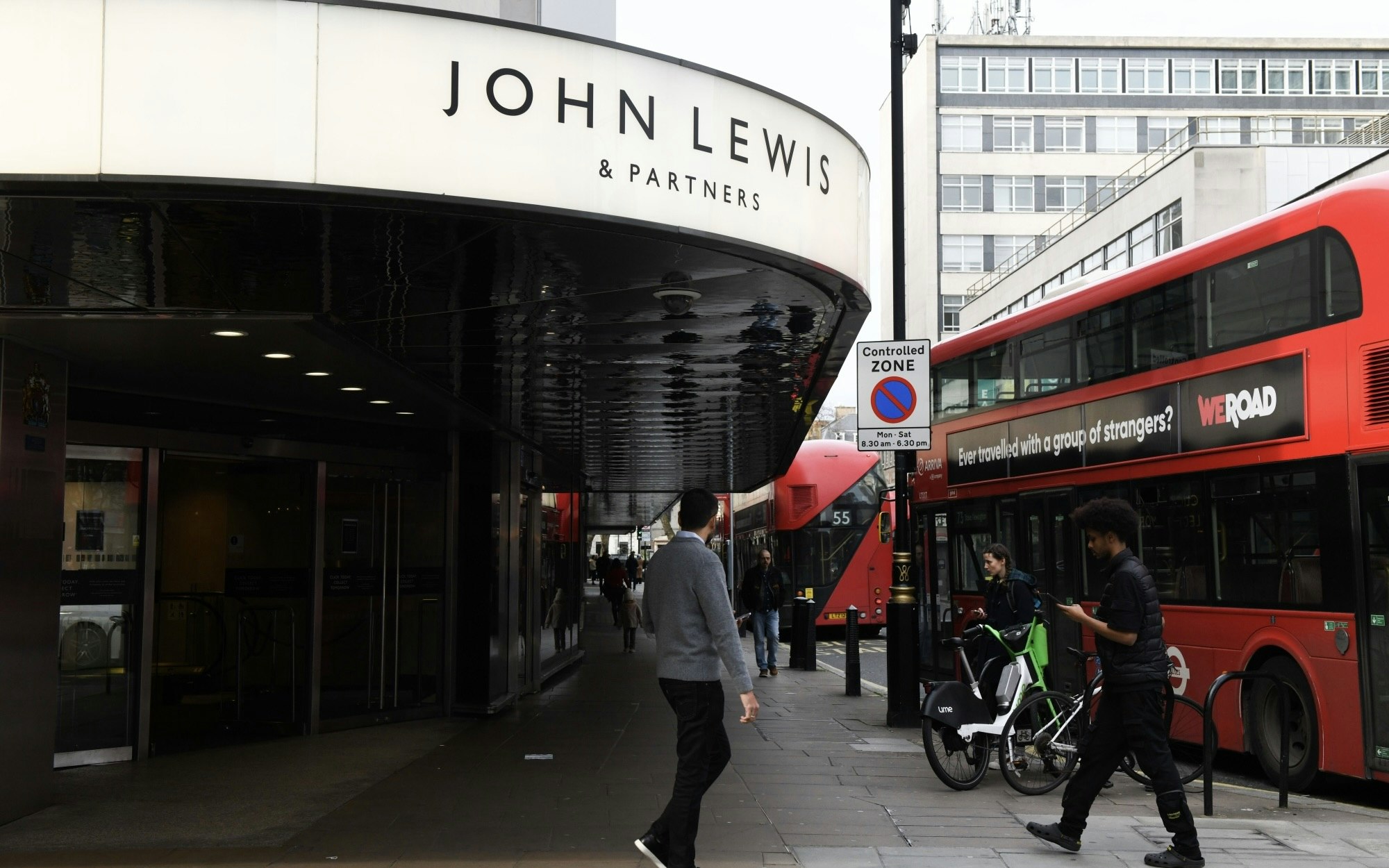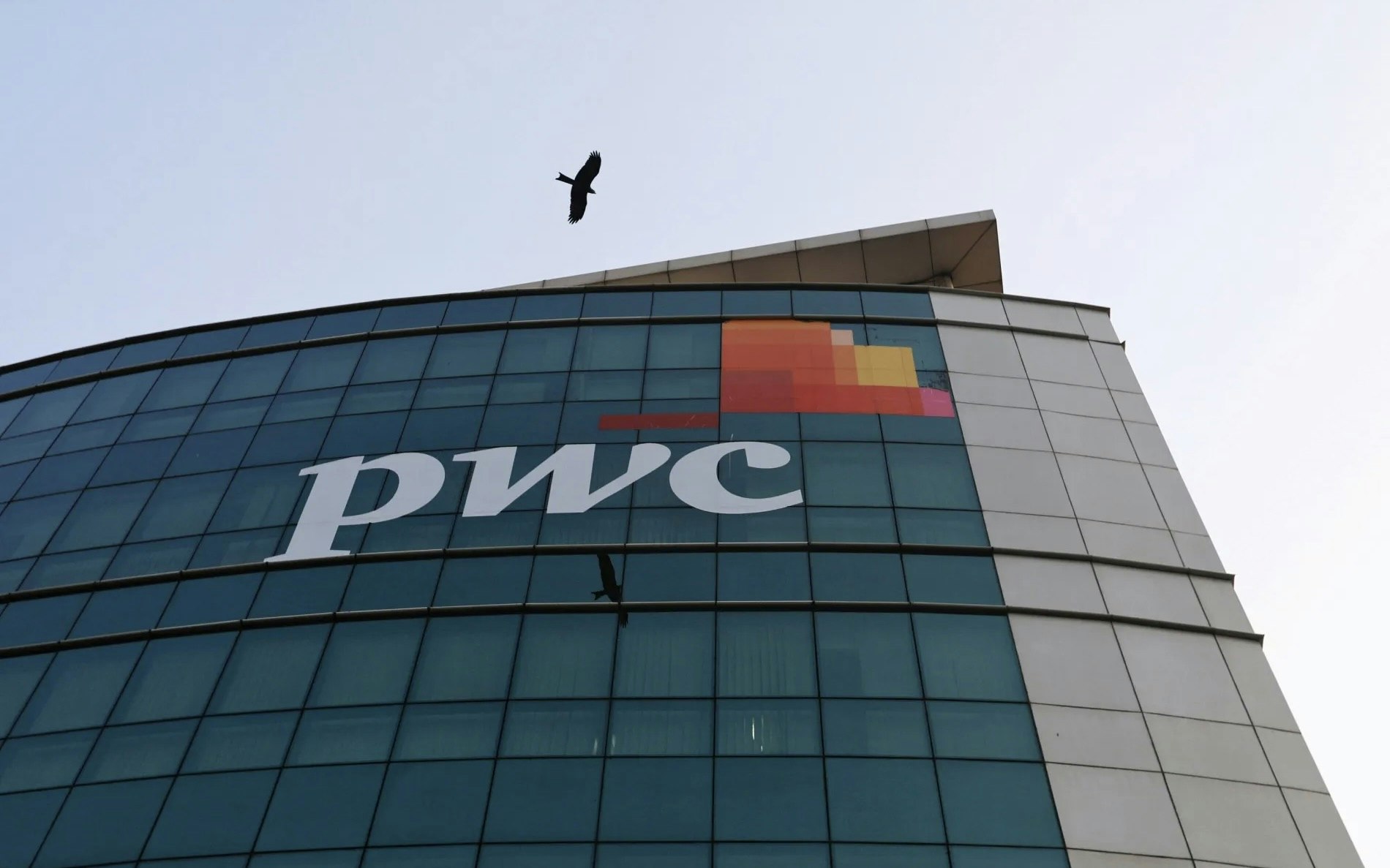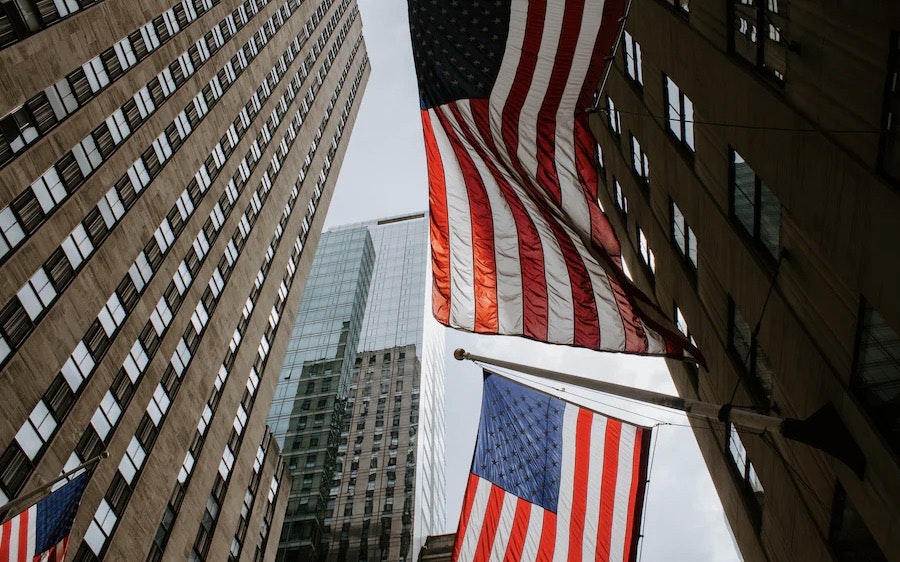Four young engineers sell their first start-up to a large technology company (Microsoft) and start a new company. This one identifies an unmet need and celebrates great success: It quickly raises $1.9 billion from some of the best-known names in venture investing. After just four years, another large technology company (Google) comes along and offers to buy it for $23 billion.
Should the sale go through, this would be the kind of payday that enters VC mythology. However, big successes like this have become rare recently.
The result for start-up investors is a large inventory of aging - and unsold - private technology companies. Unicorns - private technology companies with a valuation of $1 billion or more - were once named for their rarity. According to CB Insights, there are now more than 1,200 of them worldwide.
Until they realize a significant portion of these unrealized capital gains, many venture capital firms will struggle to show the strong cash returns needed to persuade their investors to make new capital commitments. This could turn the unicorn logjam into a structural impediment that slows the influx of new money into the latest startup wave.
The problem has become more acute as technology stocks have recovered from their post-Covid slump, while IPOs and sales to other companies remain subdued. In the US, there have only been four tech IPOs this year from companies valued at more than $1 billion, compared to more than 70 in 2021, when the stock market was also hot.
Large acquisitions have also become rare. Consequently, there are only 16 billion-dollar "exits" by US tech startups this year, compared to 211 in 2021, according to Crunchbase.
The VC world is divided over whether this is primarily a demand or supply problem. On the demand side, intensive antitrust scrutiny has made it significantly more difficult for the wealthiest technology companies to make acquisitions, making potential deals like Wiz rare. Aside from Microsoft's massive Activision purchase, the average M&A volume of the five largest technology platform companies over the past six years has been a mere $16 billion per year.
Even with the richest companies on the sidelines, sectors like chips and software have undergone waves of consolidation in recent years, and companies like Broadcom have built technology empires based on aggressive acquisition strategies.
With regard to IPOs, the drought—only occasionally interrupted by booms like that of 2021—has been a concern in Silicon Valley for two decades. According to technology investor Coatue, this reflects a structural change in the financial markets. As index funds comprise a larger share of the overall stock market, there are fewer active fund managers rewarded for finding promising and undervalued companies, according to this argument.
However, others argue that there is more than enough investment appetite and that the problem is rather a lack of the right kind of technology companies. Lise Buyer, an IPO consultant who worked on Google's IPO, says that managers at many institutions are looking for high-growth technology companies to invest in because holding the same seven large technology companies as everyone else leaves little room for outperformance and justifying their fees.
Sure, here is the translation of the heading to English:
"On the supply side of technology start-ups, many of the companies funded during the VC boom were focused on unprofitable growth. This made sense when private investors demanded growth at any cost, but the stock market now requires strong profit performance - something that takes time to build.
It also takes time to manage the overhang from the last funding wave, following the downturn in private market valuations that began at the end of 2021. About half of the 1,200 start-ups listed by CB Insights claimed valuations of $1-1.5 billion in their most recent funding rounds, making it likely that many could now be better described as ex-unicorns. Many of them will ultimately collapse or be sold at fire-sale prices.
Meanwhile, only a few founders of successful startups are willing to take the leap to the stock market, as Wall Street offers lower valuations than they once received in the private market.
Investors who had expected a wave of tech IPOs this year had to rethink their expectations. Now they are beginning to speculate what 2025 might bring. One of these years they might actually be right.










